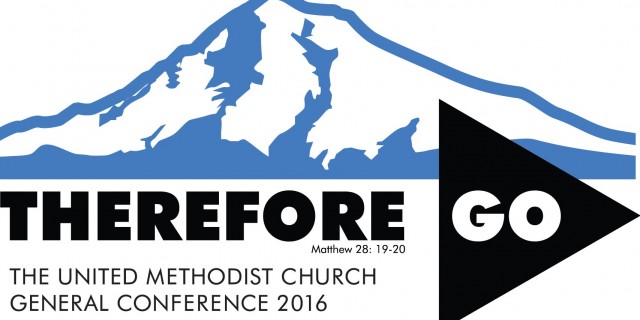
Restructuring the Church
At our 2016 General Conference in Portland, Ore., May 10-20, there will be a number of restructuring proposals for the delegates to consider. With the dramatic changes in our membership numbers, our giving dollars and the increasingly worldwide nature of our church, the structure that we have been living in since we became “United” Methodists in 1968 is in need of revision.
Restructuring proposals were considered four years ago at the 2012 General Conference in Tampa, Fla. One of them, “Plan UMC,” actually passed with almost 60 percent of the vote; but it was declared unconstitutional by the UMC’s Judicial Council shortly afterward. Since then, the plan has been revised, and the following measures are its key components (according to the 2016 General Conference Guide)
- It gives the Connectional Table new authority to elect top executives for all general church program boards and agencies—Discipleship Ministries, Global Ministries, Church and Society and so on. The top executives (i.e., General Secretaries) of the boards would be accountable programmatically to their boards but administratively to the newly created Executive General Secretary of the UMC Connectional Table.
- Plan UMC Revised would authorize the Connectional Table executive general secretary to evaluate the other agencies’ general secretaries annually.
- The plan details the Connectional Table’s authority to evaluate our general agencies based on how well they direct their energies and resources toward helping to make vital congregations and carry out the mission of the global church.
- It would reduce the size of some agency boards, increase board representation from countries outside the U.S., and reduce the size of the Connectional Table from 59 to 45 members.
- It would eliminate the General Commission on Archives and History and moves its functions into the General Council on Finance and Administration
- It would eliminate two long-standing, independent general commissions—one on Religion and Race, the other on the Status and Role of Women—both of which monitor and assist the church in becoming more inclusive and less discriminatory. It would move and combine their work into a new Connectional Table committee titled the UM Committee on Inclusiveness.
There are other proposals as well, including some calling for a restructuring of jurisdictions. Delegates will have much to consider and vote on in Portland, creating and revising laws, policies and structures that may change the church dramatically for years to come. We call all United Methodists to engage in abiding prayer, as we approach this historic and potentially ground-breaking conference.
